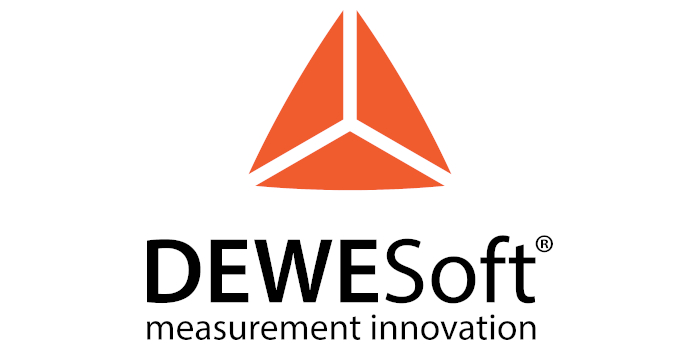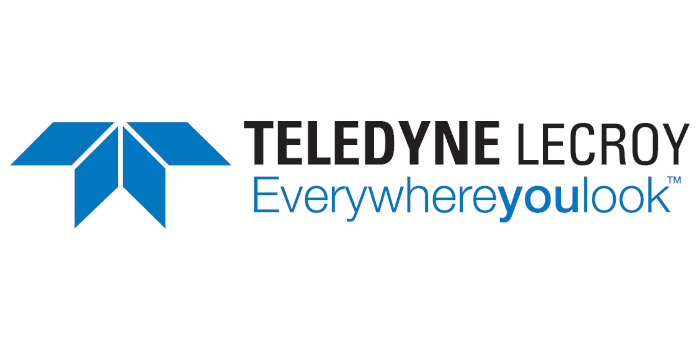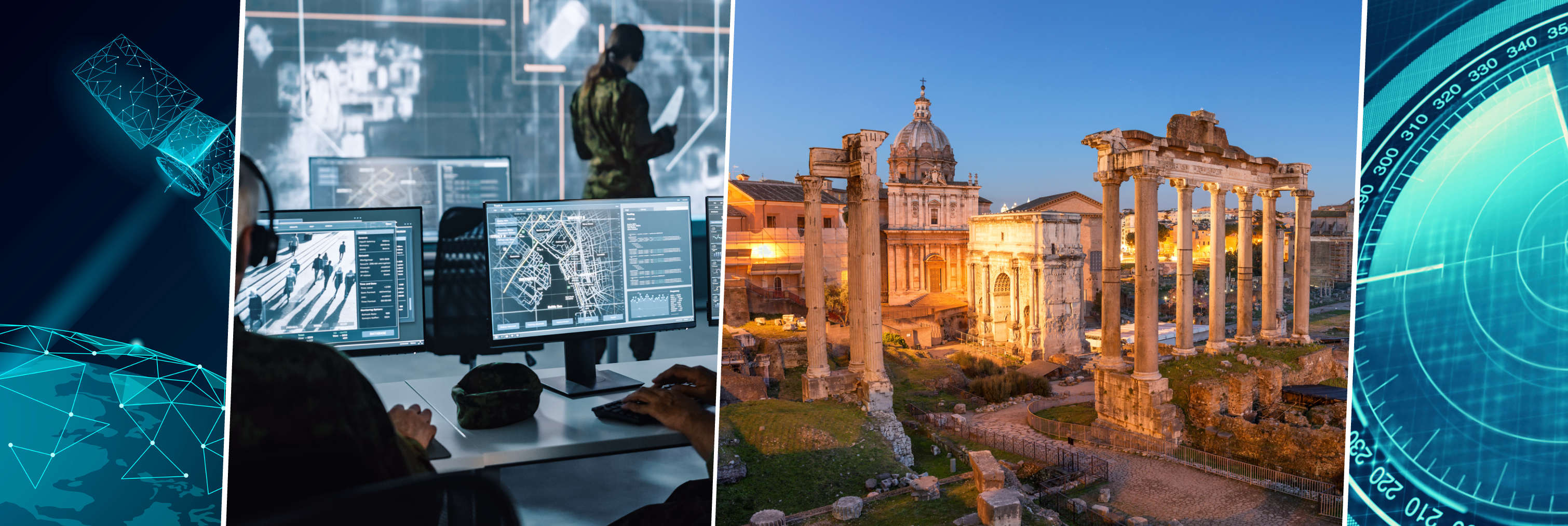| WEDNESDAY, NOVEMBER 5 | |||||
| 10:00 - 10:30 | OPENING CEREMONY - WELCOME ADDRESSES | ||||
| 10:30 - 11:10 | KEYNOTE
LECTURE - Advanced technologies to strengthen Italian Defense and guarantee
the security of a country's capabilities Luca Goretti, Italian Air Force |
||||
| 11:10 - 11:30 | COFFEE BREAK | ||||
| Sala Francesco Baracca | Sala Italo Balbo | Sala del Gioco | |||
| 11:30 - 13:10 | S1.1 - Special Session #3: Advanced Integration of Defense Systems and Flight Security: Methods and Technologies - PART I | S1.2 - Special Session #4: Advances in GNSS jamming and spoofing mitigation techniques | S1.3 - General Session - PART I | ||
| 13:00 - 14:10 | LUNCH | ||||
| 14:15 - 16:15 | ROUND TABLE - Cybersecurity and AI: Strengthening Defense and Ensuring the Security of Our Country | ||||
| 16:15 - 16:30 | COFFEE BREAK / POSTER SESSION | ||||
| Sala Francesco Baracca | Sala Italo Balbo | Sala del Gioco | |||
| 16:30 - 18:30 | S2.1 - Special Session #3: Advanced Integration of Defense Systems and Flight Security: Methods and Technologies - PART II | S2.2 - Special Session #2: Resilient Autonomy: Coordinated Control and Intelligence in Multi-Agent Robotic Systems for Defense Applications | S2.3 - Special Session #1: Target Recognition for Radar and IAMD Systems | ||
| 19:00 | WELCOME PARTY - Casa dell'Aviatore | ||||
| THURSDAY, NOVEMBER 6 | |||||
| Sala Francesco Baracca | Sala Italo Balbo | Sala del Gioco | |||
| 09:00 - 10:40 | S3.1 - General Session - PART II | S3.2 - Special Session #5: Non-invasive monitoring of psychophysiological states of military personnel during operation and training | S3.3 - Special Session #6: Agentic AI and Strategic Synthesis for Next-Generation Defense Systems | ||
| 10:40 - 11:00 | COFFEE BREAK / POSTER SESSION | ||||
| 11:00 - 11:40 | KEYNOTE
LECTURE - Technology Innovation Through Experimentation in the Indo-Pacific
Region Col. Jeffrey Newcamp, PhD, USAF, Deputy Science & Technology Advisor, USINDOPACOM J8 |
||||
| 11:40 - 13:00 | S4.1 - Special Session #15: Radar Electronic Attack and Electronic Protection | S4.2 - Special Session #13: ISaCAGE - FLARE: Integration and coexistence of sensing and communication systems that share the same spatial and spectrum resources | S4.3 - Special Session #14: Military Innovation in Education & Technology | ||
| 13:00 - 14:30 | LUNCH | ||||
| Sala Francesco Baracca | Sala Italo Balbo | Sala del Gioco | |||
| 14:30 - 16:10 | Round Table: Innovation and Entrepreneurship in Defense Technologies | Round Table - New Technologies for Security and Defence: Ethical-Legal and Political Challenges in International Cooperation | Special Session #8: Technology of the Arts of Intellect and the resulting risks for diplomatic activity | ||
| 16:10 - 16:30 | COFFEE BREAK | ||||
| 16:30 - 18:30 | S5.1 - Special Session #19: Emerging Defense Technologies in Latin America: Innovation, Challenges, and Regional Cooperation | S5.2 - Special Session #18: Ethics, Law & Politics Of Technologies For Defense And Security | S5.3 - General Session - PART III | ||
| 20:00 | GALA DINNER - Casa dell'Aviatore - Sala Soci | ||||
| FRIDAY, NOVEMBER 7 | |||||
| Sala Francesco Baracca | Sala del Gioco | ||||
| 09:30 - 10:50 | S6.1 - Special Session #17: Young Researchers Activities in Technologies for Defense and Security - PART I | S6.2 - Special Session #11: Special Session "IEEE Women in Engineering with Focus in Cybersecurity and AI" - PART I | |||
| 10:50 - 11:10 | COFFEE BREAK / POSTER SESSION | ||||
| 11:10 - 11:50 | KEYNOTE
LECTURE - Italian Army in the Counter-Drone race Col. Giovanni Chessari, Italian Army |
||||
| 11:50 - 12:50 | S7.1 - Special Session #9: Battlefield Operational Technology and Secure Internet of Battlefield Things | S7.2 - Special Session #10: Methods, algorithms and solutions for securing energy grids against cyber-attacks | |||
| 12:40 - 14:00 | LUNCH | ||||
| Sala Francesco Baracca | Sala del Gioco | ||||
| 14:00 - 15:20 | S8.1 - Special Session #17: Young Researchers Activities in Technologies for Defense and Security - PART II | S8.2 - Special Session #11: Special Session "IEEE Women in Engineering with Focus in Cybersecurity and AI" - PART II | |||
| 15:20 - 15:40 | COFFEE BREAK | ||||
| 15:40 - 16:00 | CLOSING AND AWARD CEREMONY | ||||
Workshop Schedule
WITH THE PATRONAGE OF
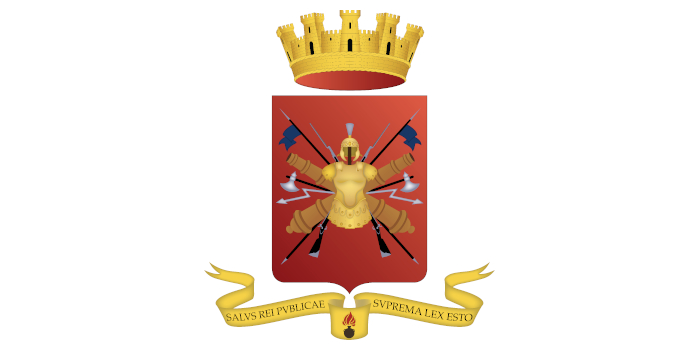
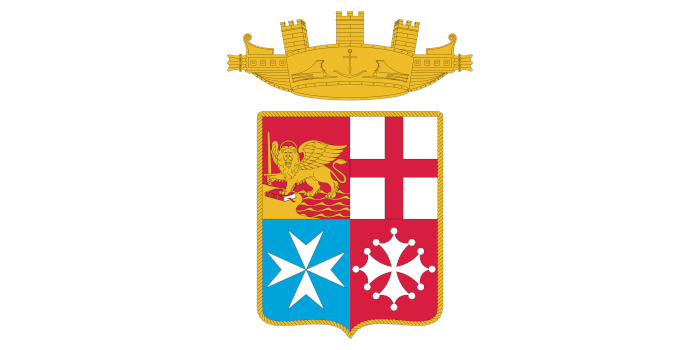
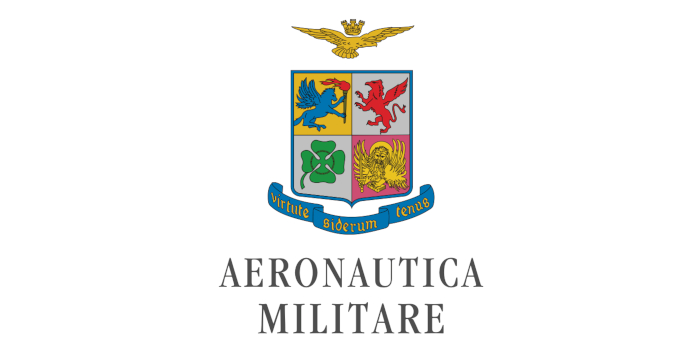


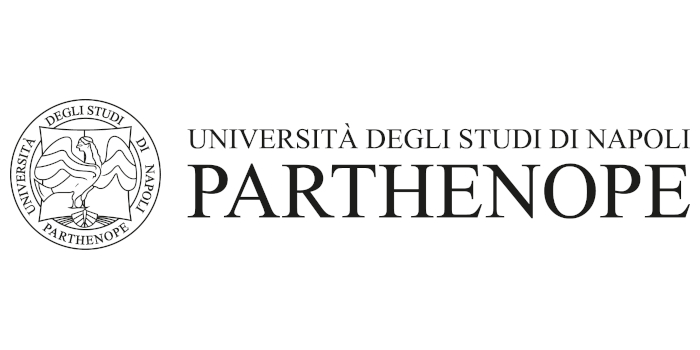
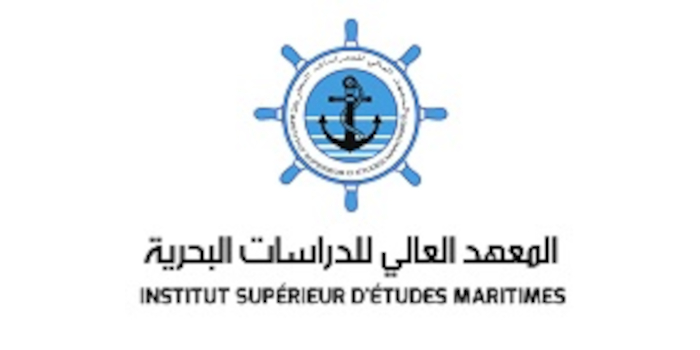
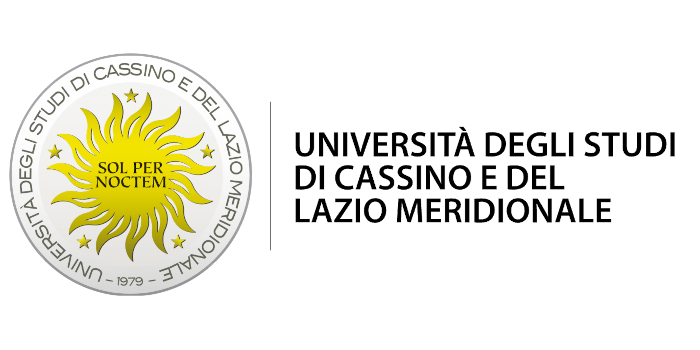






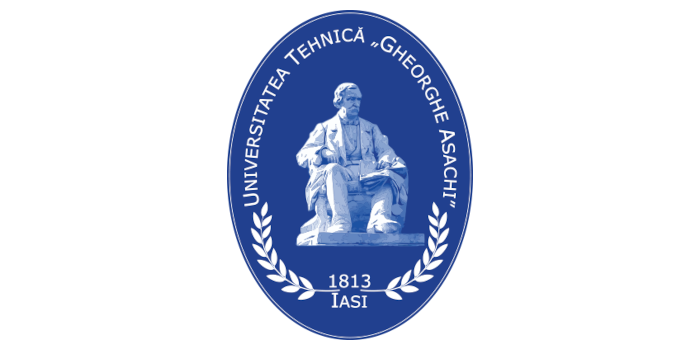



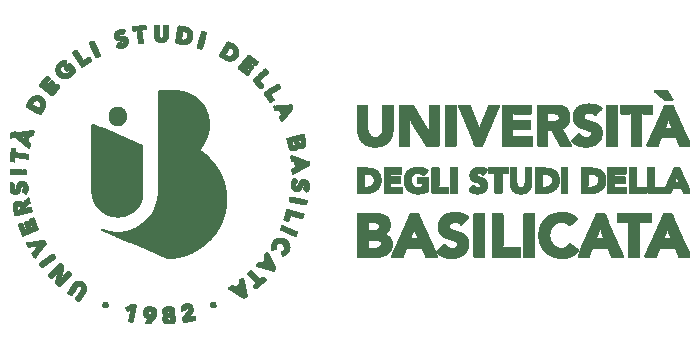
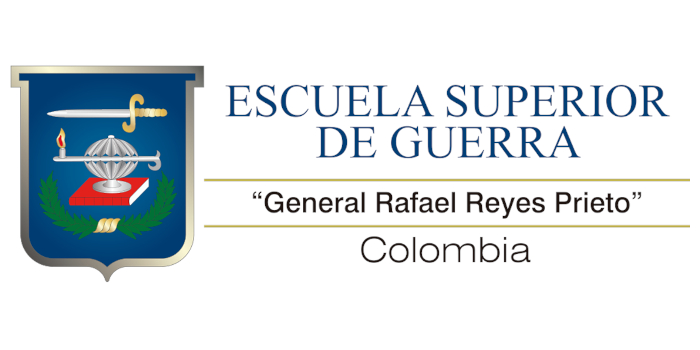
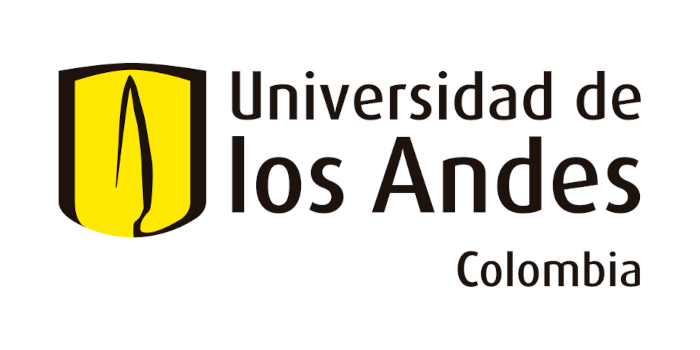




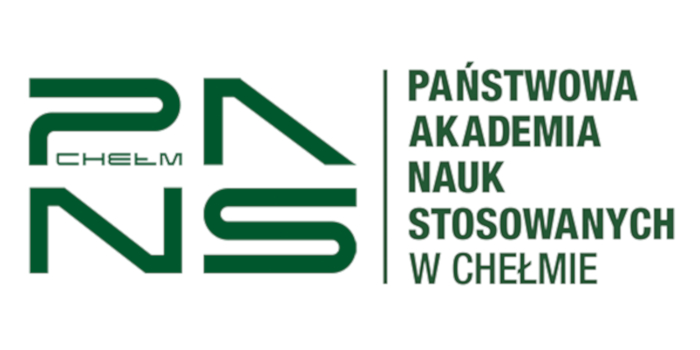
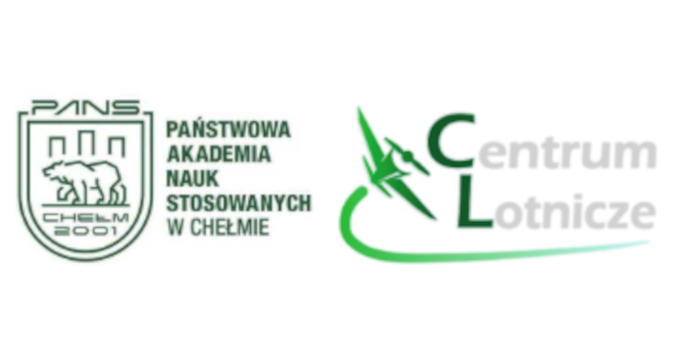
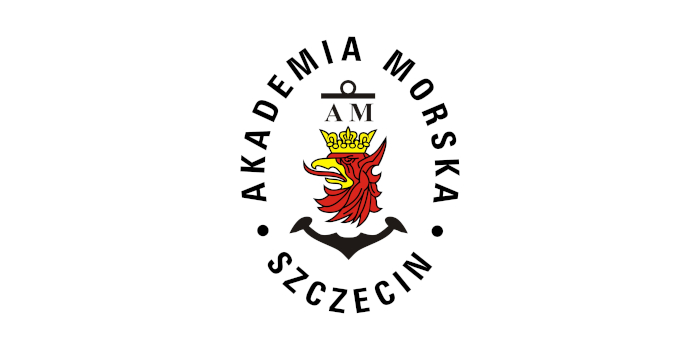

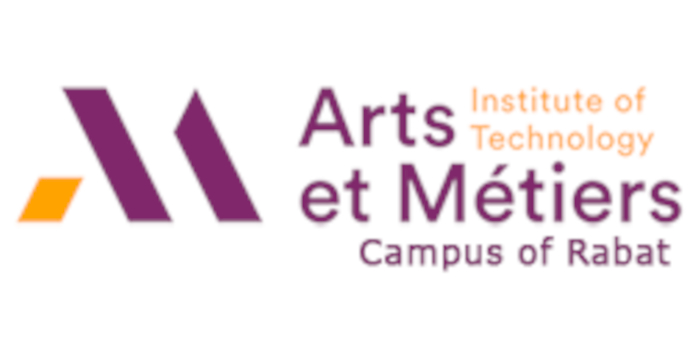
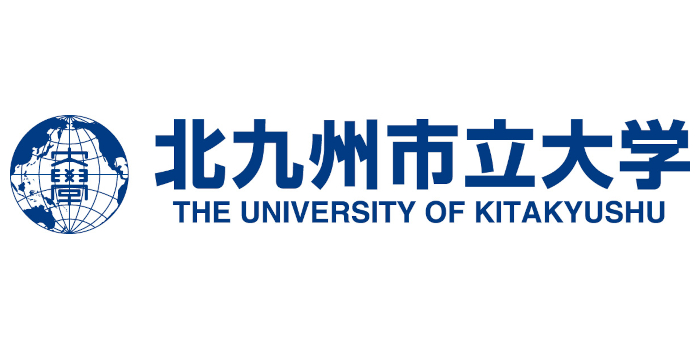


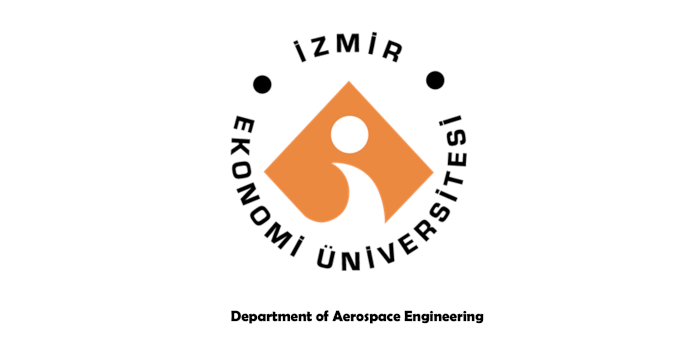
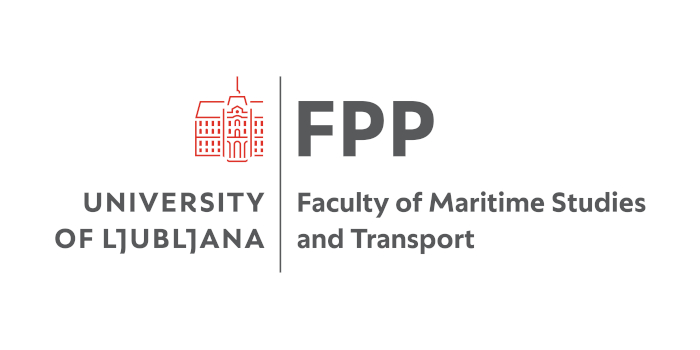
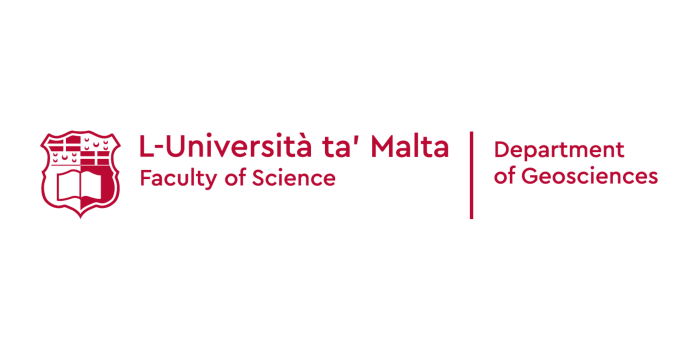



SPONSORED BY
